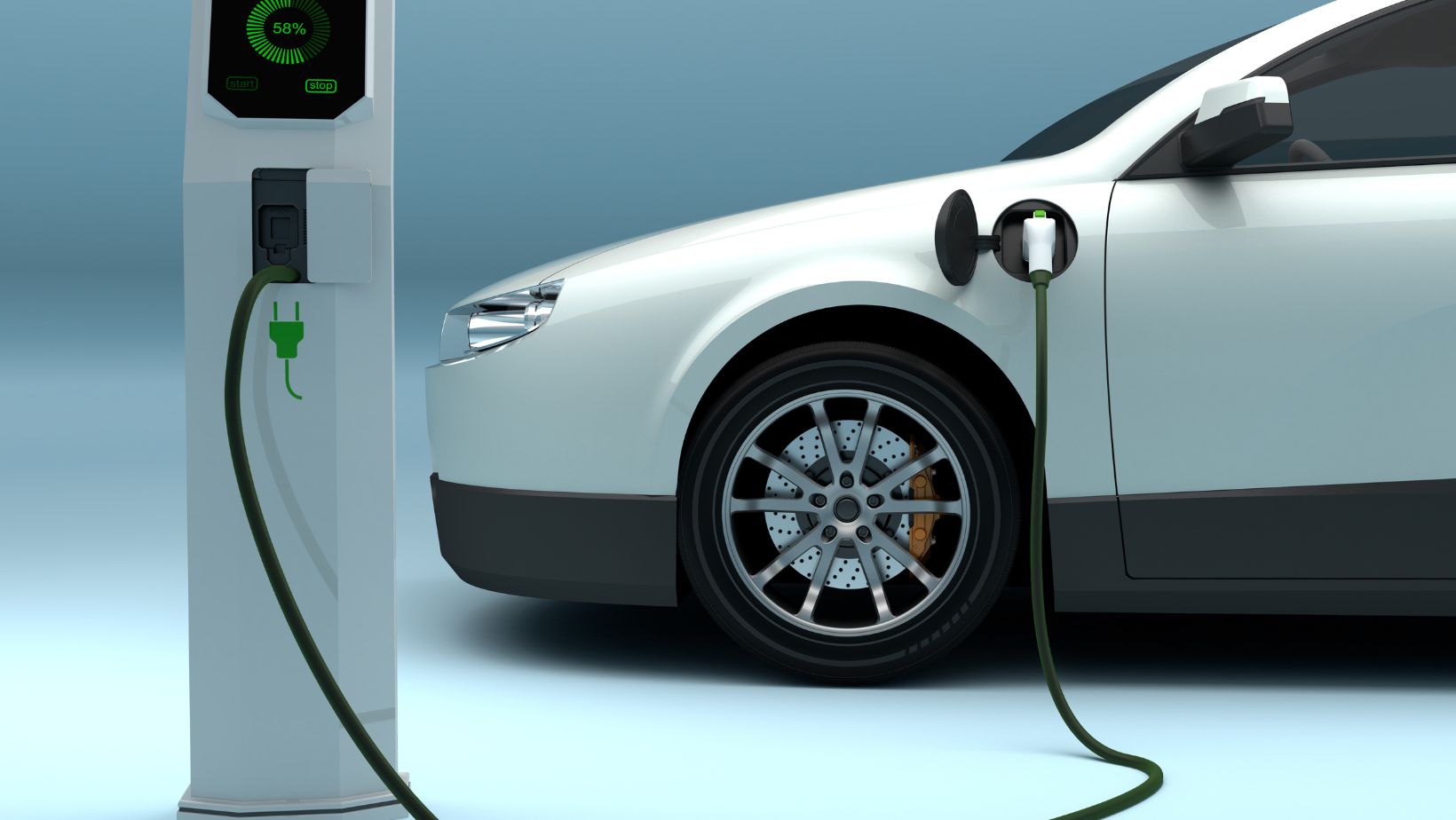
In an era where sustainability and financial prudence are at the forefront of global discourse, electric vehicles (EVs) are rapidly emerging as a beacon of innovation and opportunity. The world stands at a pivotal juncture, with the imperative to mitigate environmental degradation while also seeking profitable ventures.
Electric cars, once a niche segment in the automobile industry, are now gaining unprecedented momentum, transforming the way we perceive mobility. This article aims to unravel the multifaceted potential of EVs, not only as a sustainable alternative to traditional fossil fuel-powered vehicles but also as a financially rewarding venture.
The Surge in Electric Car Popularity
Recent data indicates a significant surge in EV sales, marking a robust departure from traditional gasoline-powered vehicles. The allure of electric cars stems not only from their environmental credentials but also from their advancing technology, which is continually enhancing their appeal.
Key drivers of this electric revolution include heightened awareness of environmental issues and the urgent need to address climate change. Consumers are increasingly recognising the role of sustainable transportation in reducing carbon footprints, propelling the demand for EVs. Additionally, advancements in battery technology have substantially improved their range and efficiency, mitigating previous concerns over their practicality.
Governments around the world are playing a pivotal role in this transformation. Numerous countries have implemented policies and incentives to promote EV adoption, such as tax rebates, grants, and investment in charging infrastructure. These initiatives not only make electric cars more accessible but also signal a commitment to a greener future, encouraging manufacturers and consumers alike.
Environmental Benefits of Electric Cars
The benefits of electric cars are obvious, especially when looked at through the lens of environmental impact and sustainability. The switch to EVs is a critical step in reducing the global carbon footprint, as they offer a cleaner alternative to gasoline-powered vehicles. This shift is significant in the context of climate change and the urgent need to curtail greenhouse gas emissions.

One of the most profound environmental advantages of EVs is their potential to significantly lower greenhouse gas emissions. Unlike conventional vehicles that burn fossil fuels and emit carbon dioxide, electric cars, when powered by renewable energy sources, can operate with little to no emissions. This aspect is crucial in urban areas where traffic-related pollution is a major concern, directly contributing to cleaner air and improved public health.
However, it is important to consider the entire lifecycle of electric vehicles, including the ecological impact of their manufacturing process, particularly battery production. Although advances in technology are continually improving their efficiency and sustainability, there are still hurdles like material sourcing for car batteries and disposal, which make EVs less environmentally friendly.
Financial Incentives And Economic Potential
Ecological health is crucial, but many potential drivers might need an extra incentive. Well, fear not, as there is also a multitude of economic benefits associated with EVs. These make electric cars not only an environmentally conscious choice but also a financially savvy one, both for individual consumers and businesses alike.
For starters, the long-term cost savings of electric cars are significant. EVs generally have fewer moving parts than traditional internal combustion engine vehicles, leading to lower maintenance costs. Similarly, the cost of electricity for charging is typically less than the price of gasoline, providing substantial savings on fuel over time. This aspect becomes increasingly relevant as fuel prices fluctuate.
Government incentives play a crucial role in making electric cars more financially appealing. Many countries offer tax credits, rebates, and other benefits for purchasing EVs. These can substantially reduce the upfront cost of an electric vehicle, making it more competitive with traditional cars. For instance, tax incentives can lower the initial purchase price, while other aspects like reduced registration fees or toll exemptions add to ongoing savings.
The economic potential extends beyond consumer savings. There are burgeoning investment opportunities in various sectors related to electric vehicles. These include manufacturing companies, battery technology firms, and infrastructure providers for charging stations. The stock market has seen a notable increase in EV-related stocks, reflecting the sector’s growth potential. Investors are increasingly eyeing this market for its future prospects, not just in vehicle sales but in the entire ecosystem that supports electric mobility.
Challenges And Future Prospects
Sadly, EVs are not perfect, and acknowledging their challenges is crucial in the journey towards a more sustainable and economically viable future. While the previous sections highlighted the environmental and financial benefits of electric cars, it’s important to address the obstacles that currently impede their widespread adoption.
One of the primary challenges facing electric vehicles is battery technology. Although significant strides have been made, concerns about battery life, charging time, and range anxiety still persist. The current limitations mean that EVs may not yet be suitable for every type of driver or journey, especially in areas with inadequate infrastructure.
A crucial area that needs development is the total number of locations where you have charging stations. In many regions, the charging infrastructure is still in its nascent stages, posing a challenge for those who cannot power their vehicles at home. One way drivers can deal with this problem is with a car charger app, like Bonnet, which makes powering your EV easier and more accessible.

Additionally, the initial cost of electric cars can be a barrier for many consumers. Despite long-term savings and government incentives, the upfront price of EVs is often higher than that of comparable gasoline vehicles. This price difference can deter potential buyers, especially in markets without substantial financial benefits.
Looking to the future, there is a silver lining. The EV market is rapidly evolving, with continuous advancements in battery technology and charging solutions. As these technologies mature, they promise to make electric vehicles more accessible, efficient, and convenient.
Conclusion
As we’ve shown, the environmental benefits of EVs are clear – they offer a significant reduction in greenhouse gas emissions and a path away from reliance on fossil fuels. Coupled with this, the economic incentives – from long-term cost savings for consumers to burgeoning opportunities for investors – make electric cars an increasingly attractive proposition.
The transition to electric vehicles is more than a shift in consumer preference or technological advancement; it’s a fundamental change in how we interact with our environment and economy. Embracing EVs is not merely about adopting a new mode of transportation; it’s about helping to change the world.










